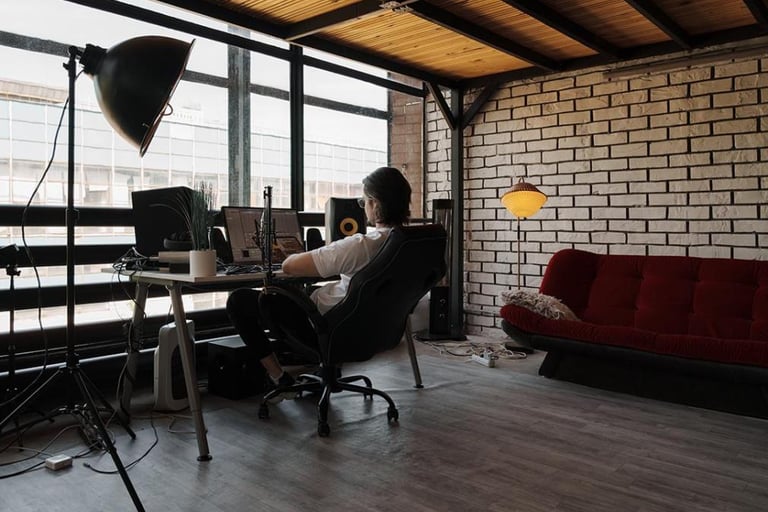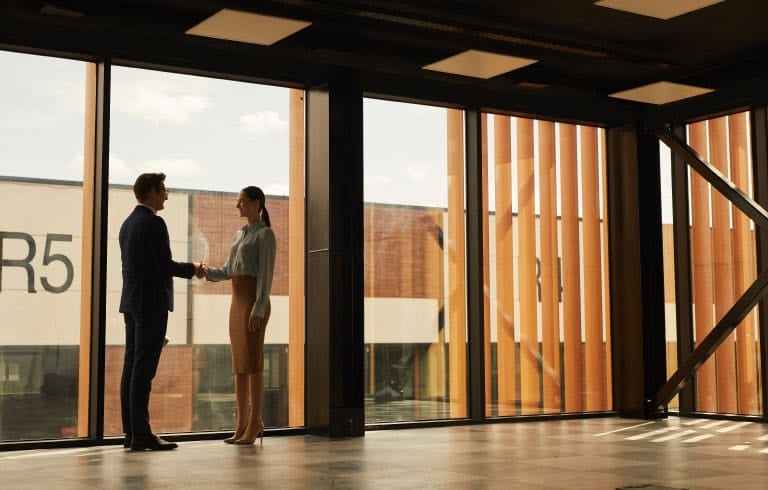Erik Caseres - Coldwell Banker Commercial CBS
How Buying a Building Can Make You Richer Than Your Business Ever Will
This article explores why small business owners should consider buying a building — especially a multi-tenant property — instead of renting. It breaks down how this move can reduce expenses, build wealth through additional income and appreciation, and create a powerful long-term exit strategy.
BIG SKY BIZ JOURNAL
Erik Caseres
7/15/20252 min read


Owning versus renting is one of the most common — and consequential — questions small business owners face. While renting can preserve cash and offer flexibility in uncertain times, owning real estate, especially a multi-tenant property, can dramatically shift your business trajectory and personal wealth-building strategy.
Picture this: you buy a building, occupy one unit for your business, and lease the remaining space to other tenants. Those tenants’ rents help cover your mortgage, property taxes, and maintenance costs — sometimes even entirely. In some cases, your overall monthly outlay could be lower than what you'd pay to lease a comparable space, all while you’re steadily building equity in an appreciating asset.
Beyond the immediate financial relief, owning a property opens doors to tax advantages like depreciation deductions, interest write-offs, and the potential to 1031 exchange into larger properties later. As rents climb over time, your mortgage payment stays relatively fixed, meaning your property can start to generate meaningful additional income and build significant equity without you lifting a finger beyond the original acquisition.
But there’s a bigger, often overlooked benefit: creating an independent real estate business alongside your operating business. Too many owners conflate their primary business (whether it’s a retail store, service company, or manufacturing operation) with the property it operates from. In reality, these should be viewed as two separate entities — each with its own value, cash flow, and exit strategy.
When the day comes to sell your operating business, you can retain ownership of the property and lease it back to the buyer. This arrangement not only offers stable "mailbox money" in retirement but also preserves an appreciating asset in your portfolio. Over time, many business owners transition from being operators to landlords, focusing on growing and optimizing their property portfolio, which can become a significant source of generational wealth.
Of course, buying a building isn’t for everyone. It requires careful financial modeling: comparing lease payments to ownership costs (including down payment, financing terms, maintenance reserves, and potential vacancies), evaluating market trends, and planning for liquidity needs. You must also consider your long-term business goals: Will you outgrow the space? Will you want to relocate? What happens if the local market shifts?
However, for those in stable or growing industries with a clear long-term vision, owning real estate can act as a powerful hedge against rising rents and market volatility. It transforms a line-item expense into an income-producing asset and offers a level of control and security no lease ever could.
Ultimately, the decision to rent or buy should be driven by strategy, not just convenience. For many business owners, especially those looking to build lasting wealth and create a flexible exit plan, buying a building — and ideally a multi-tenant one — isn’t just a real estate decision. It’s a foundational move toward long-term financial freedom and legacy building.






Expertise
Specializing in business brokerage services & commercial real estate transactions.
Contact
Inquire
erik@cbcmontana.com
© 2024. All rights reserved.
